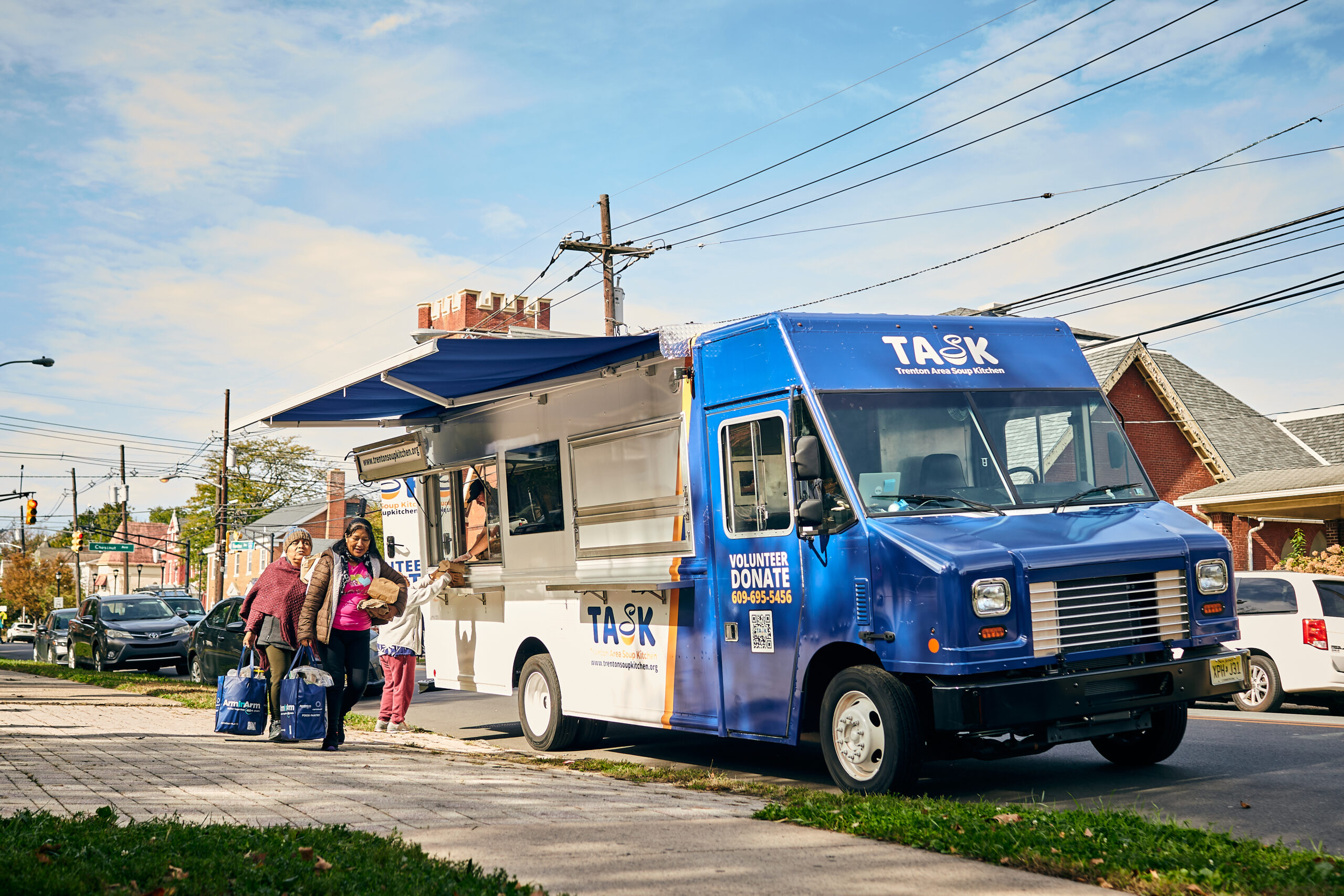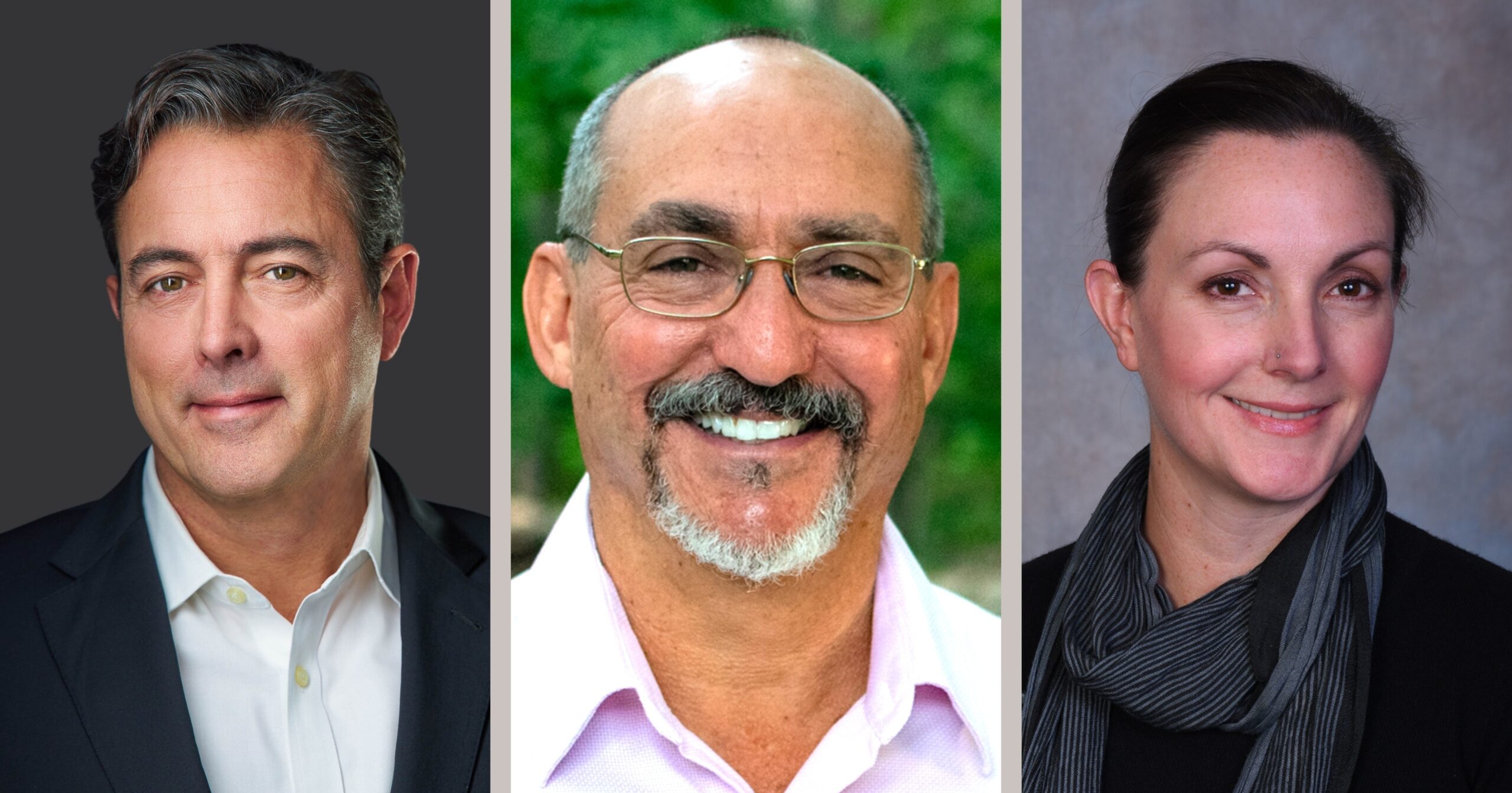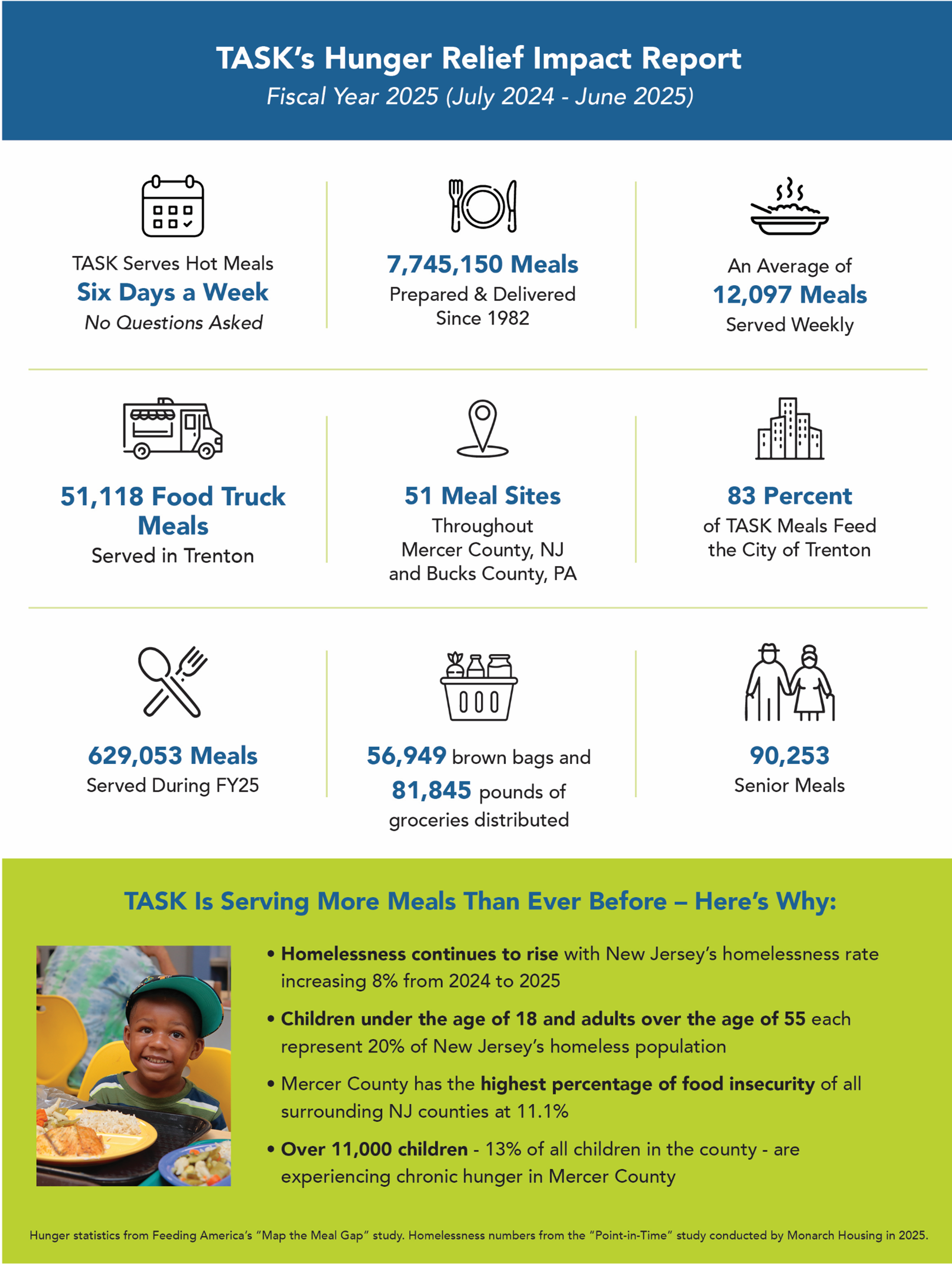News, Events & Stories
Guiding Others Through Recovery
A Q&A with TASK’s Justin Williams: From Custodian to Peer Recovery Specialist
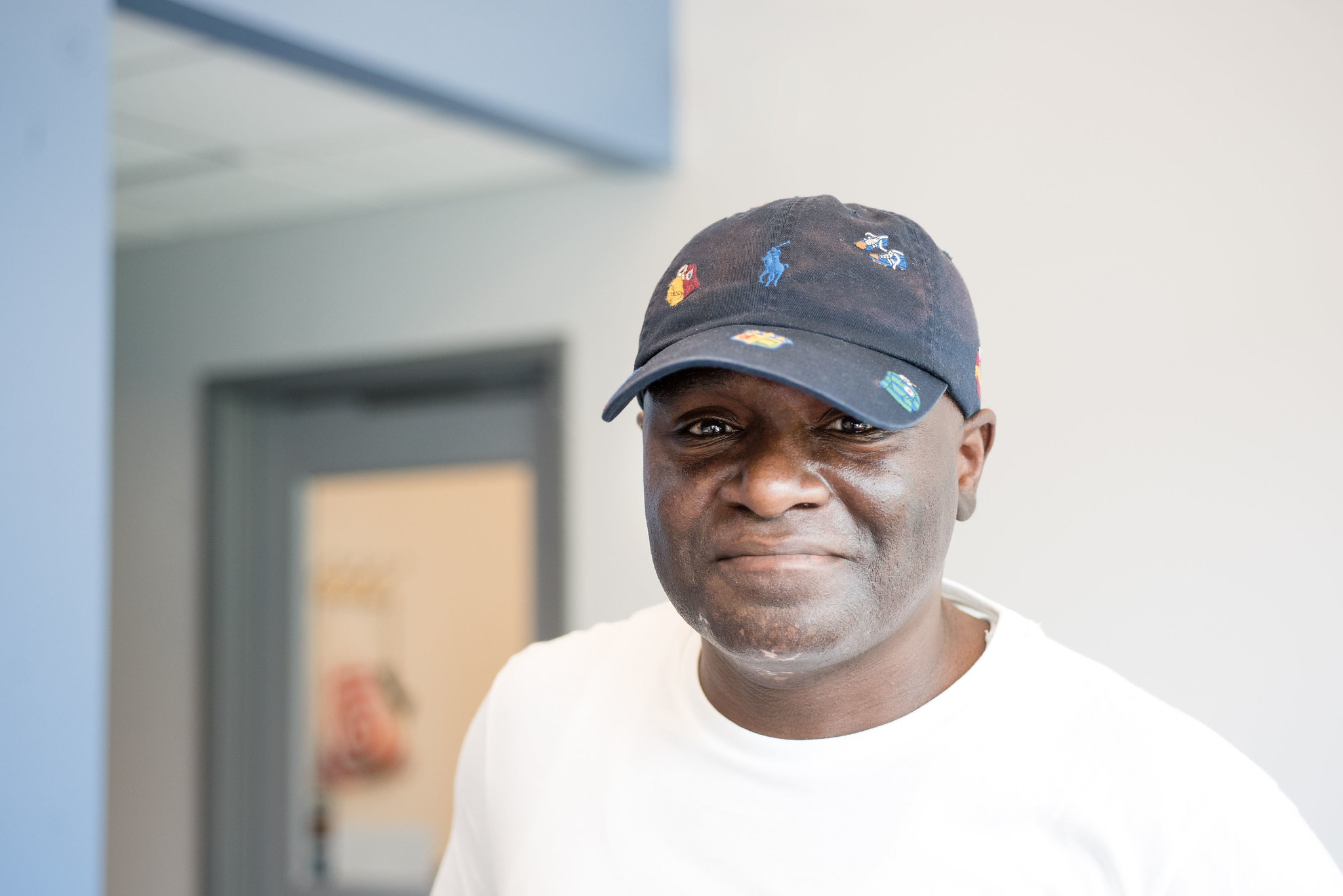
Justin Williams has worn many hats at TASK. He started out as a patron, then became a volunteer, a dishwasher and most recently the custodian. Now, Williams has landed his dream job as a peer recovery specialist – a new role in TASK’s social services program. Williams, who has been in recovery for six years, will help others cope with their addiction. We sat down with Williams as he was working to complete the 500 hours of training needed to be certified in New Jersey. He shared some of his life trials, hopes for the future and what he’s learned on his journey to sobriety.
When did your addiction begin?
My first high was on alcohol when I was 12. My family moved to Trenton from Somerdale (a suburb in Camden County). So, I was kid from the suburbs who moved to the city, and I was tired of feeling like a nerd, so I started to do what I saw other kids do. At 13 I started smoking marijuana and then I started using crack.
What made you jump from marijuana to crack cocaine?
My father died when I was 15. That really messed me up. I cried for months. He came up from Georgia and told us he had a few months to live. I started getting high more. I saw my father waste away to nothing and when he passed away things went out of control. I ended up being homeless and whatever I had, I lost it. I was using heavily. It was all about getting high and I was doing anything to get high, even stealing from family.
What brought you to TASK?
I found out about TASK through word of mouth. I started coming in the late ‘80s. I came to eat initially, but I also used other services like case management. They helped me get identification and general assistance.
Why did you decide to get help for your addiction?
It was something I wanted long before I actually did something about it, but I let fear stop me. I was afraid. It was getting critical. I had to stop. I went to talk to someone and got into the Trenton Treatment Center and things started to get better for a while. I didn’t know it at the time, but my life was in danger of changing drastically.
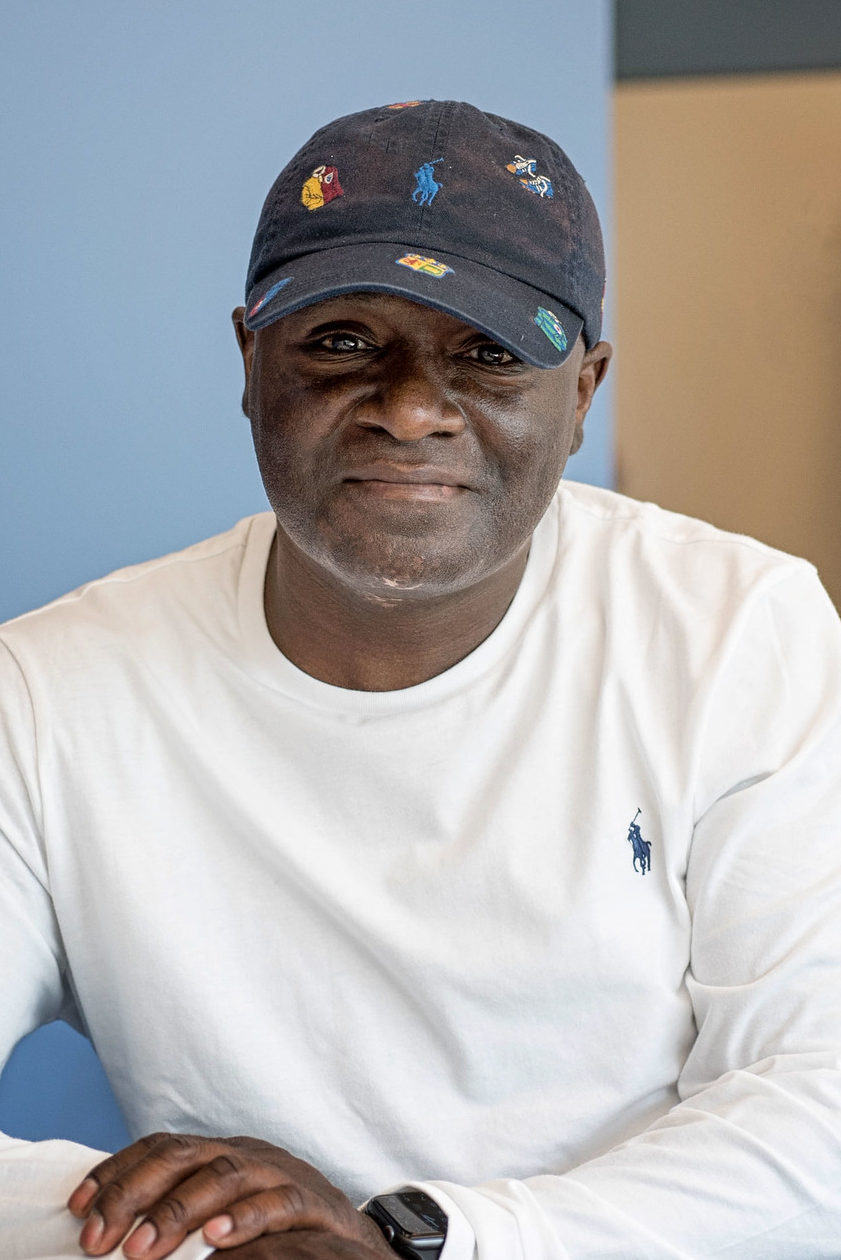
How so, what happened?
I was in the program for about a year when I found I had warrants out for my arrest for minor offenses. I paid all those fines, but then there was one for retail theft where I was looking at 14 years in jail. I talked to somebody in the [Narcotics Anonymous] rooms about this; they said turn yourself in and hire a lawyer. So, I paid a lawyer $2,500 and went to court. It was a turning point for me.
Why, because you were facing prison time?
Of course. On the day I went to court, there were 17 people before me and all of them got locked up. I thought “I’m going to jail,” even though I came with letters of support from TASK, my church, I had all the certificates I had earned from various programs. When it was my turn, the prosecutor read all my charges and it was a long list. At the same time, I hear the cop in back playing with the hand cuffs, getting ready take me to jail with the others. Then my attorney started telling the judge about me getting my GED and the letters I had and that I was in treatment. The judge’s whole demeanor changed. She gave me two years of probation to take care of my business.
What do you think changed her demeanor?
Those 17 did something to her faith in people, and when it got to me, I gave it back to her. I think she saw in me that day that people can change, and people do change, and I was the one out of 18 she saw that day who had changed. It made me want to stay sober even more.
You said the judge gave you two years to “take care of your business.” What did you do during that time?
I had to pay fines, so I needed a job, but because of my record finding one was not easy. I didn’t want to sit around doing nothing, so I went down to TASK to see if I could help out. They let me volunteer stocking shelves and whatever else. Then a part-time dishwasher job opened up and I got that. After two weeks, I got the full-time job as the custodian.
Were there other pivotable moments that kept you on track?
I was at a session at the treatment center with 20 people trying to go sober and the counselor told 17 of us to step out of the circle. Three of us stayed, and he said that’s how many of you are going to stay clean. That scared me. It was another point in my life where I wanted to survive this – I wanted to be one of the three. Today only three of us are clean – five overdosed and the rest are still getting high.
How did the peer recovery specialist job come about for you?
I joined the TASK advocacy committee last year. The committee wanted to do something about the need for housing – a large problem among the patrons. I knew that there were people who we helped get housing but lost it because they spent rent on drugs. I thought why can’t we deal with their addiction first then help them get housing. The committee was not ready to tackle that, but after the meeting the big boss (TASK Executive Director Joyce Campbell ) said she would not have known that if I didn’t say anything about it. She wanted to add addiction counseling to TASK’s services. Next thing I know I’m in classes, doing 500 hours of training.
How is your training going so far?
It’s going well and getting me prepared. I’m in this to help people, not just collect a paycheck. I struggled with making this choice, because I want to save them all and I struggled with that. My counselor said you are not going to be able to save them all, but if you can get one, you did what you had to do. I’ve come to terms with that. And I’m learning a lot about the field, like how I have to throw out everything I learned in NA when I’m dealing with a client. At first that was confusing, but the more I attend sessions, the more I understand it.
What do you mean by sessions?
That’s generally how I spend my training day. I watch the counselors and how they handle things and see how this is an incremental process to getting the client clean. My trainer explained that we are dealing with people who are not there yet when it comes to what you learn in NA. For them, success may be going from 10 bags of dope a day to five bags. The other part is that you have to accept that success and that you’ve done your job – at least for now.
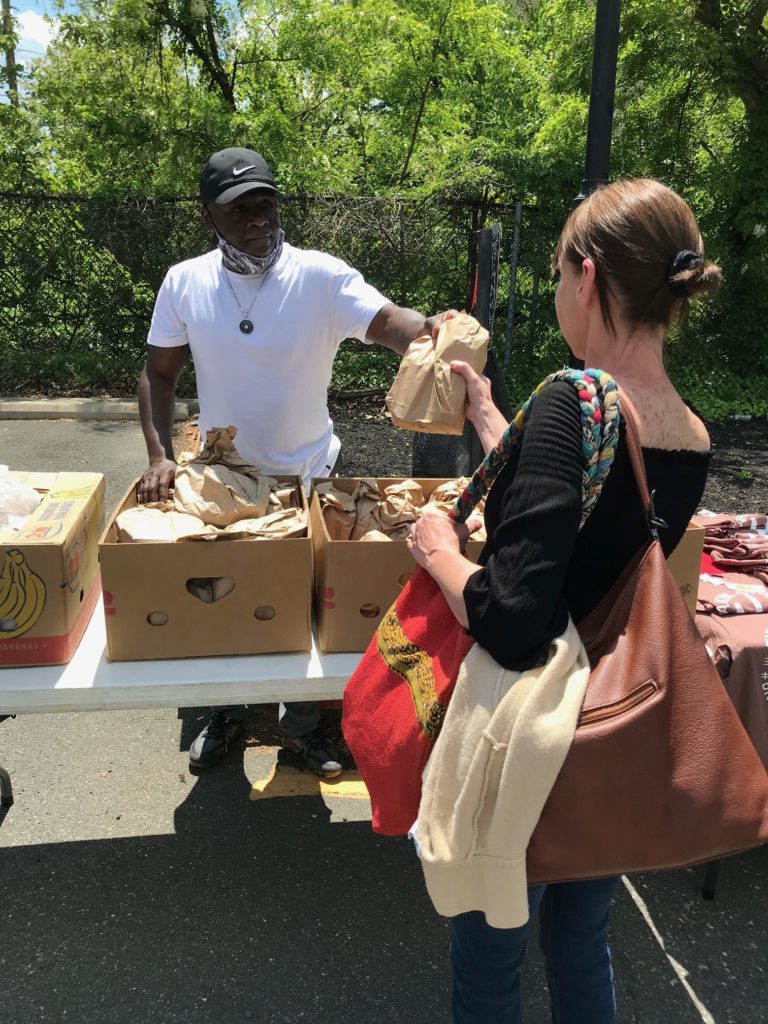
Have you seen anything in your training that you would like to emulate?
There was a session where a client asked the counselor a question that she didn’t have the answer to. She was honest about not knowing – I liked that. You can’t just tell people what they want to hear all the time.
Are some sessions challenging?
In one session, a client was being disruptive, and I know the counselor wanted to throw them out, but she didn’t. I asked her about it afterward and she said when that happens, you have to ask yourself is that going to help them or hurt them? At the same time, she was assessing him and assessing the group to see what affect the situation was having on them. They seemed fine and were trying to calm him down and diffuse the situation. So, in that case it was better to let him vent.
What have you learned about people in general during your training?
I’ve learned how to read people and I can better see those who are going to go back to what they were doing before they got locked up and those who can make it. Some people are going to fall, and you just got to let them and pray they come back. You’re going to feel something, but you can’t let that deter you from what you are trying to accomplish.
What have you learned about yourself?
I’m patient, and when Joyce came to me with this opportunity, I saw that it was my moment and I’m ready for this. At the end of the day, I’m not perfect. I’ll just do my best.
What do you like most about your training?
The sessions. I love the group sessions.
What do you like the least about your training?
The overnights. They mess with my sleep pattern.
Now that you’ve seen others in action, what kind of peer recovery specialist do you want to be?
One that is humble and really cares and is honest – no lip service and tells it like it is. And if I don’t know, I’ll say that and help them get the right answer if I can.
Where do you want to be a year from now?
At TASK. TASK is where it’s at, where I’m really going to make a difference because I know [the patrons], I was once them. I see myself. I know they are in emotional pain because they want to stop but they don’t know how. I was like that. I think now and ask myself what was preventing from getting clean? What was I so afraid of? I look at myself now and say dang, look at me now. I’m just so thankful.
